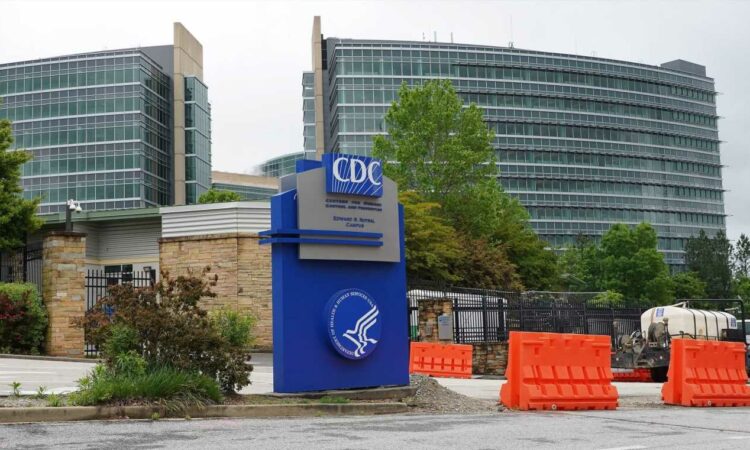Over the past year, the U.S. Centers for Disease Control and Prevention (CDC) has updated its guidance about COVID-19 several times.
For example, the agency recently said fully vaccinated individuals can now gather indoors with others who are also fully vaccinated without wearing masks or social distancing. And people who have been fully vaccinated can also avoid quarantine and testing if they’ve been exposed to COVID-19 but remain asymptomatic.
But as more Americans become vaccinated against COVID-19, many travelers want to know when they’ll get the green light to travel again.
To be clear, the CDC hasn’t wavered on some key guidelines, such as delaying nonessential travel. The U.S. is still battling new, aggressive variants of COVID-19, and CDC director Dr. Rochelle Walensky has warned of “impending doom” and implored Americans to stay home.
But to get a bit more clarity, we reached out to Healthline’s medical affairs team to get answers. (Healthline is owned by Red Ventures, TPG’s parent company). This interview has been lightly edited for clarity.
For more TPG news delivered each morning to your inbox, sign up for our daily newsletter.
Even with 15% of the population vaccinated against COVID-19, why do you think the CDC is still saying to avoid travel?
Is there concern about the COVID-19 variants or uncertainty about the efficacy of the vaccines against the variants?
Dr. Yu: The vaccine brands such as Pfizer or Moderna are in the midst of testing against the various variants and early data is promising against some variants and others are unknown.
If it’s safe for vaccinated people to hang out inside without masks with non-vaccinated people, why is travel still discouraged?
Dr. Yu: The CDC guidelines for vaccinated people to hang out inside without masks with non-vaccinated people are still limited to a single household who are at low risk for severe disease. Vaccinated people should still exercise caution when with other non-vaccinated people as a protection to them.
Dr. Le: Any time you expand contact to large groups, without confidence in knowing other’s exposures, risks and preexisting medical conditions, you increase the likelihood that the virus will be able to take hold and thrive in the individuals and in the community.
When do you think the CDC will change its guidance on travel?
Dr. Yu and Dr. Le: The CDC is constantly evaluating hospitalization, death and vaccination rates against the healthcare system’s ability to support the communities, and the guidance on travel will likely loosen as the world achieves similar vaccination rates and there are signals that the healthcare system is not at risk of becoming overwhelmed and incapable of caring for the ill.
Families are thinking about travel, but children aren’t expected to be vaccinated until at least late 2021. Should families put off travel until their kids are vaccinated?
Dr. Yu: Every situation is unique. Families will have to weigh their own risk profile, as well as continue with the mitigation protocols, e.g., physical distancing, mask usage and great hand hygiene.
Featured photo by TAMI CHAPPELL/AFP via Getty Images
SPONSORED: With states reopening, enjoying a meal from a restaurant no longer just means curbside pickup.
And when you do spend on dining, you should use a credit card that will maximize your rewards and potentially even score special discounts. Thanks to temporary card bonuses and changes due to coronavirus, you may even be able to score a meal at your favorite restaurant for free.
These are the best credit cards for dining out, taking out, and ordering in to maximize every meal purchase.
—
Editorial Disclaimer: Opinions expressed here are the author’s alone, not those of any bank, credit card issuer, airlines or hotel chain, and have not been reviewed, approved or otherwise endorsed by any of these entities.
Source: Read Full Article
